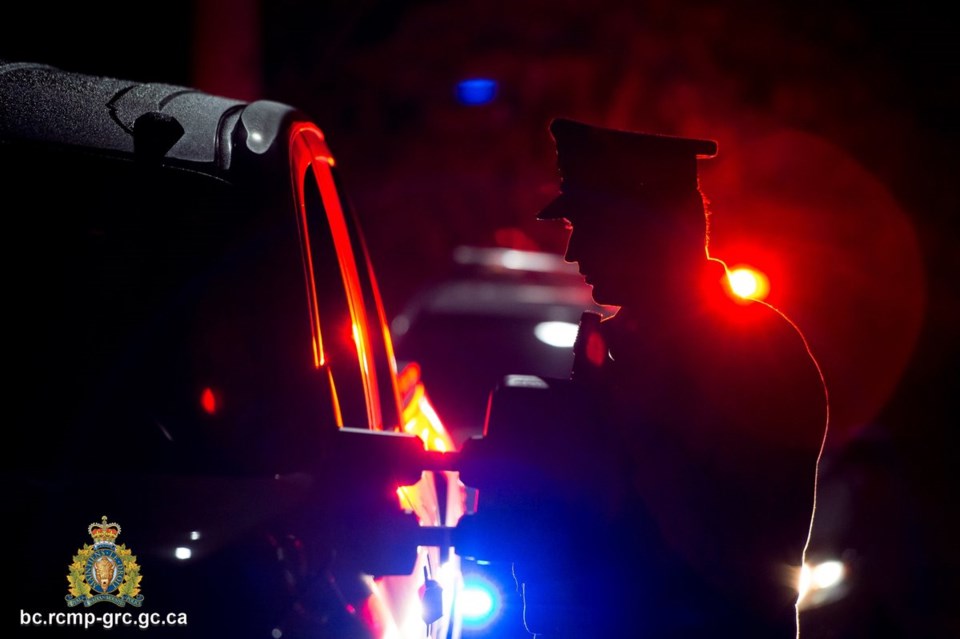Do you still think drinking and driving isn't a big deal? You may want to think again.
As of Dec. 18, part two of Bill C-46 will come into force, meaning stiffer penalties for alcohol-impaired driving.
Part one, which came into effect on June 21 of this year, focused on drug-impaired driving. That legislation created three new offences for having a prohibited concentration of drugs in the blood within two hours of driving (see the below infographic for more information).
On June 26, the Canadian government also introduced regulations around prohibited levels of drugs. Along with THC, these offences include:
- Cocaine
- Methamphetamine
- LSD
- 6-MAM (a metabolite of heroin)
- Ketamine
- Phencyclidine
- Psilocybin and Psilocin (magic mushrooms)
The federal government says the new legislation makes detecting a drug-impaired driver easier by demanding an oral fluid sample to test for drug presence roadside.
Now for part-two: driving while impaired by alcohol. These new laws significantly reform the entire Criminal Code dealing with transportation offences, which also includes alcohol-impaired driving, the government says.
Here are some of the main points of the new laws:
- simplifying and modernizing the transportation provisions, including the impaired driving provisions, in the Criminal Code to create a more coherent and efficient legislative framework
- authorizing mandatory alcohol screening to make it easier to detect whether a driver is impaired
- eliminating some defences that encourage risk-taking behaviour
- making it easier to prove blood alcohol concentration for some impaired driving offences
- clarifying what information the Crown is required to disclose to prove blood alcohol concentration
Here's another big difference: under the current laws, police must have reasonable suspicion a driver has alcohol in their system before any roadside testing is conducted.
Now, an officer who has an approved screening test on hand can test the breath of any driver they lawfully stop, even without having a reasonable suspicion that alcohol could be in their system. If you refuse a breath sample, you could be subjected to a criminal offence.
Under the current laws, a driver could argue that the alcohol they drank just before driving was not fully absorbed, thus they were not over the limit when driving; however, with the new laws, that defence is removed, making it illegal to be at or over the alcohol limit within two hours of driving.
Another defence that has been abolished is when a driver says they drank alcohol after driving but before testing. They may say that the alcohol put them over the limit at the time of testing, but they weren't over when they were driving.
The new law only allows this reasoning when a driver drank before driving and had no reason to expect a demand from police for a breath test.
“Giving law enforcement the ability to demand a breath sample from anyone following a lawful stop will make it easier to detect impaired drivers and get these drivers off of our roads," Bill Blair, Minister of Border Security and Organized Crime Reduction, says in a press release. "Those who get behind the wheel after using alcohol, or a combination of alcohol and drugs, will face serious legal consequences. Do your part in keeping yourself and loved ones safe and don’t mix alcohol or drugs with driving.”
Cpl. Mike Halskov with Traffic Services RCMP "E" Division says locally, police will continue these kind of operations as they have done so to date.
"B.C. RCMP Traffic Services will continue to conduct impaired driving investigations (alcohol and drug), as we have for decades, and enforce the new legislation using a reasoned, measured approach based on evidence of an offence," he tells PrinceGeorgeMatters by email. "In addition, we will continue to utilize the many tools at our disposal to advance impaired driving investigations including, standardized field sobriety testing and drug recognition experts in our resolve to remove impaired drivers from our roads."



